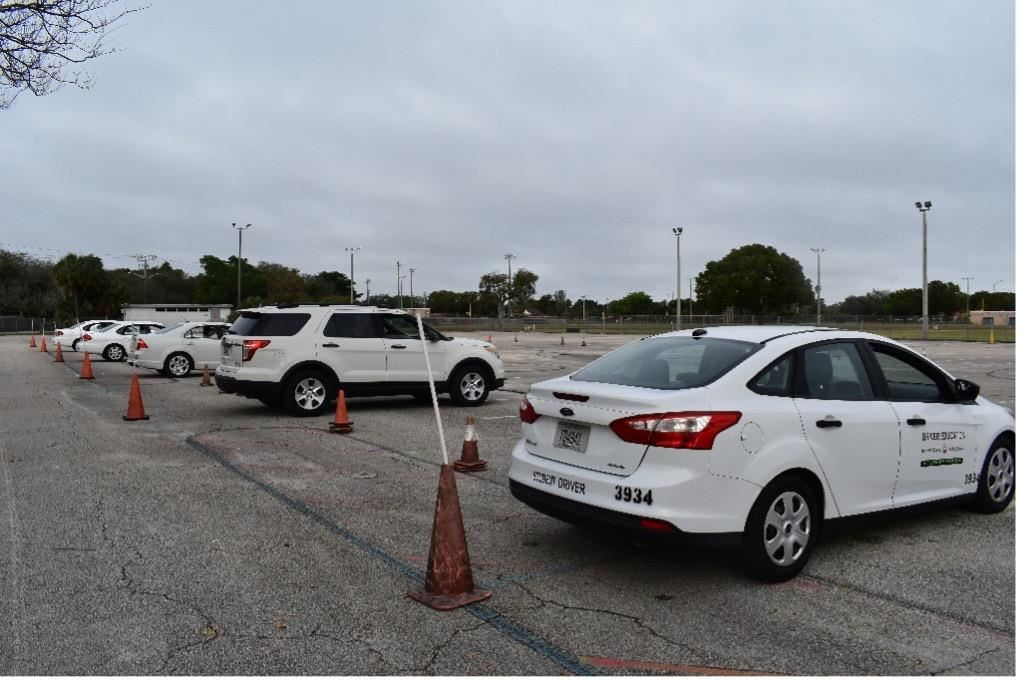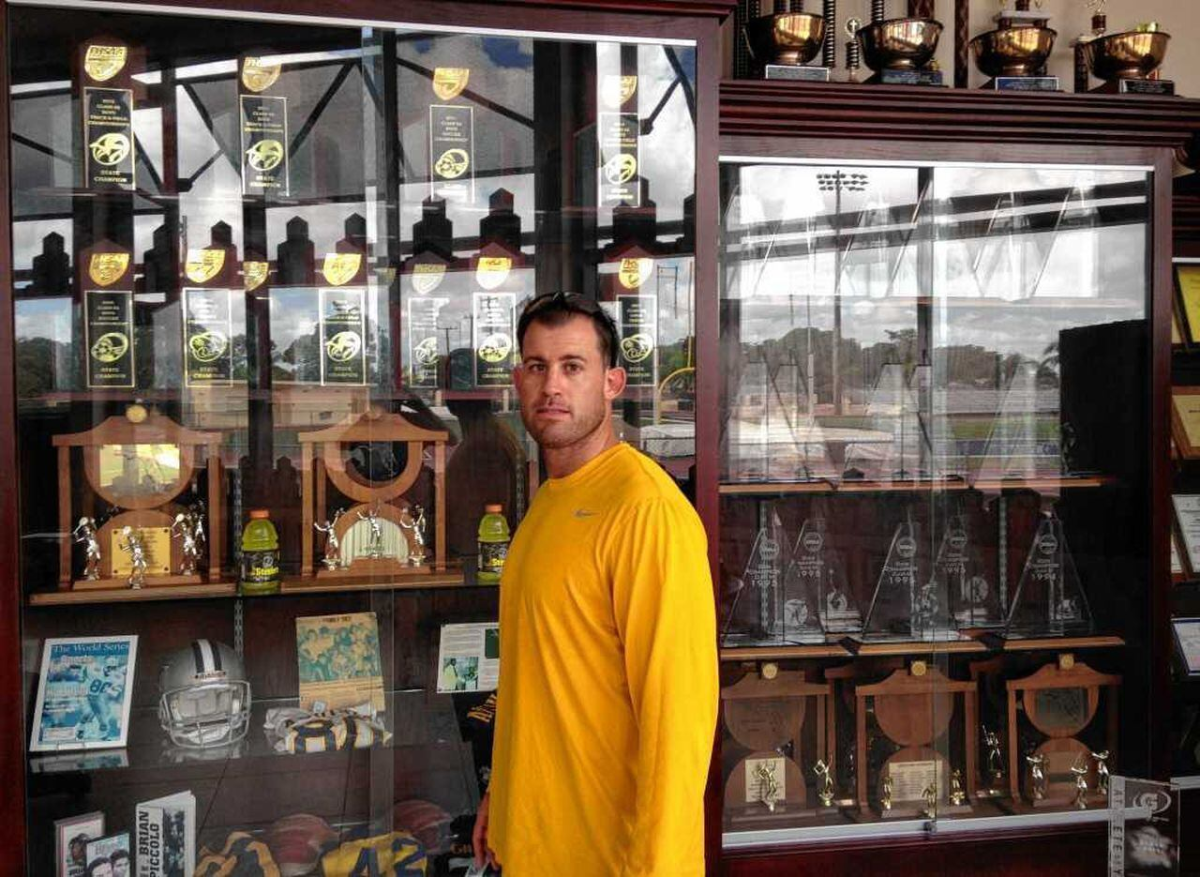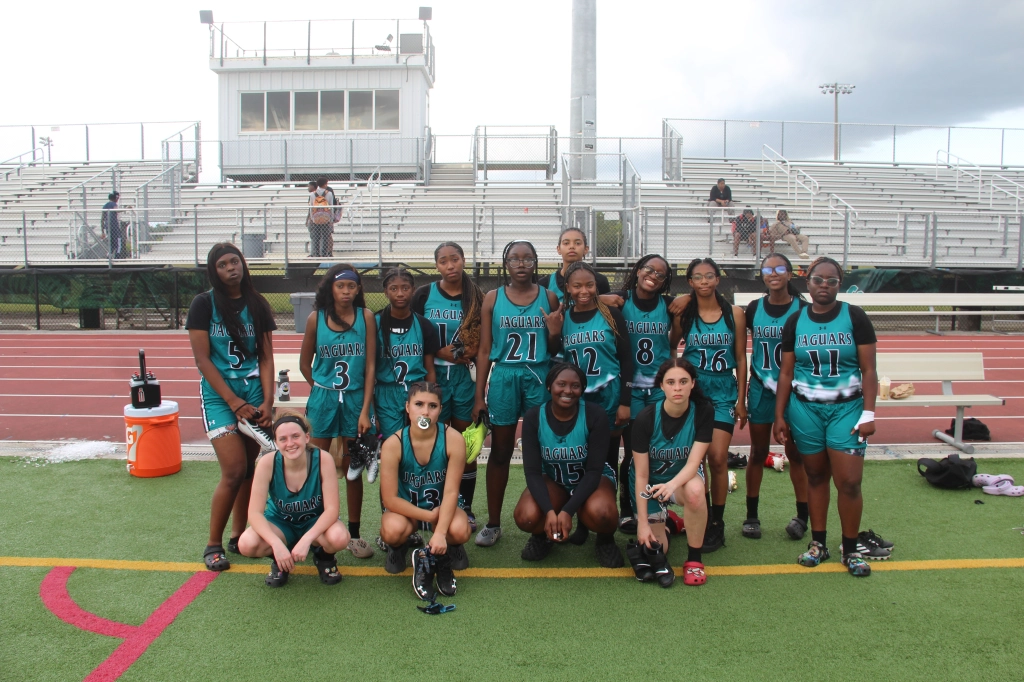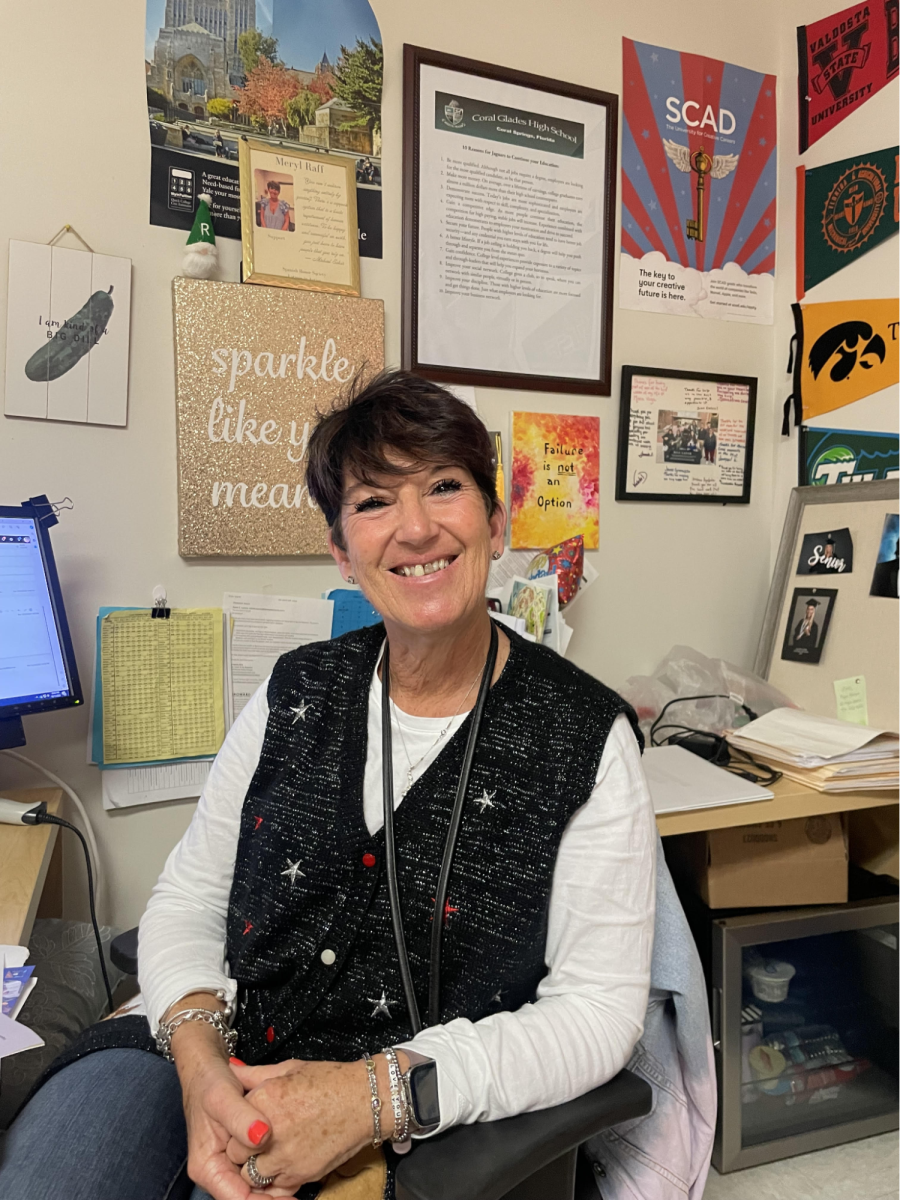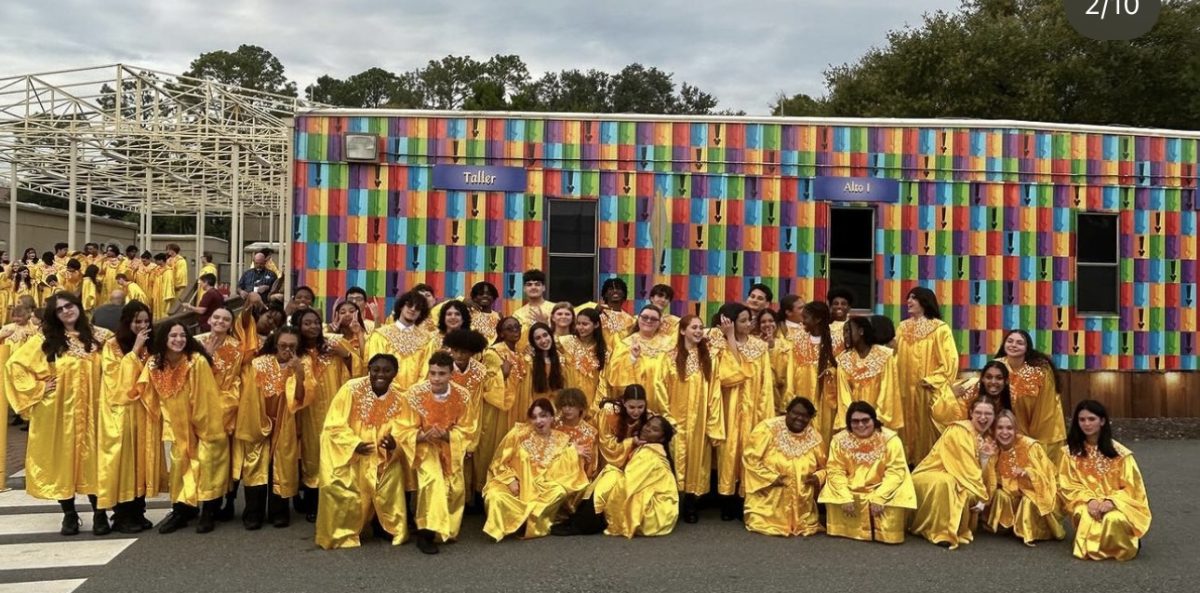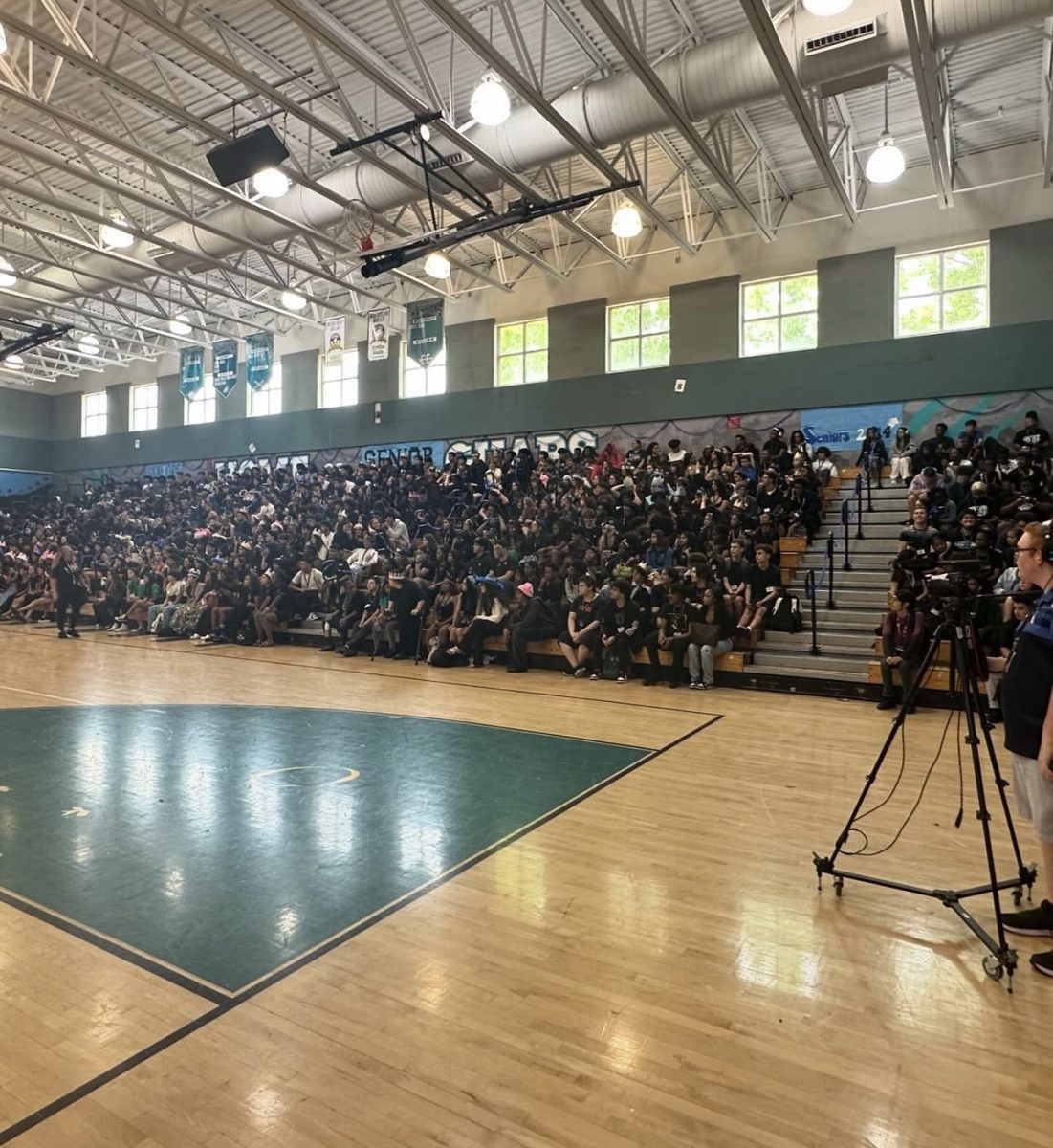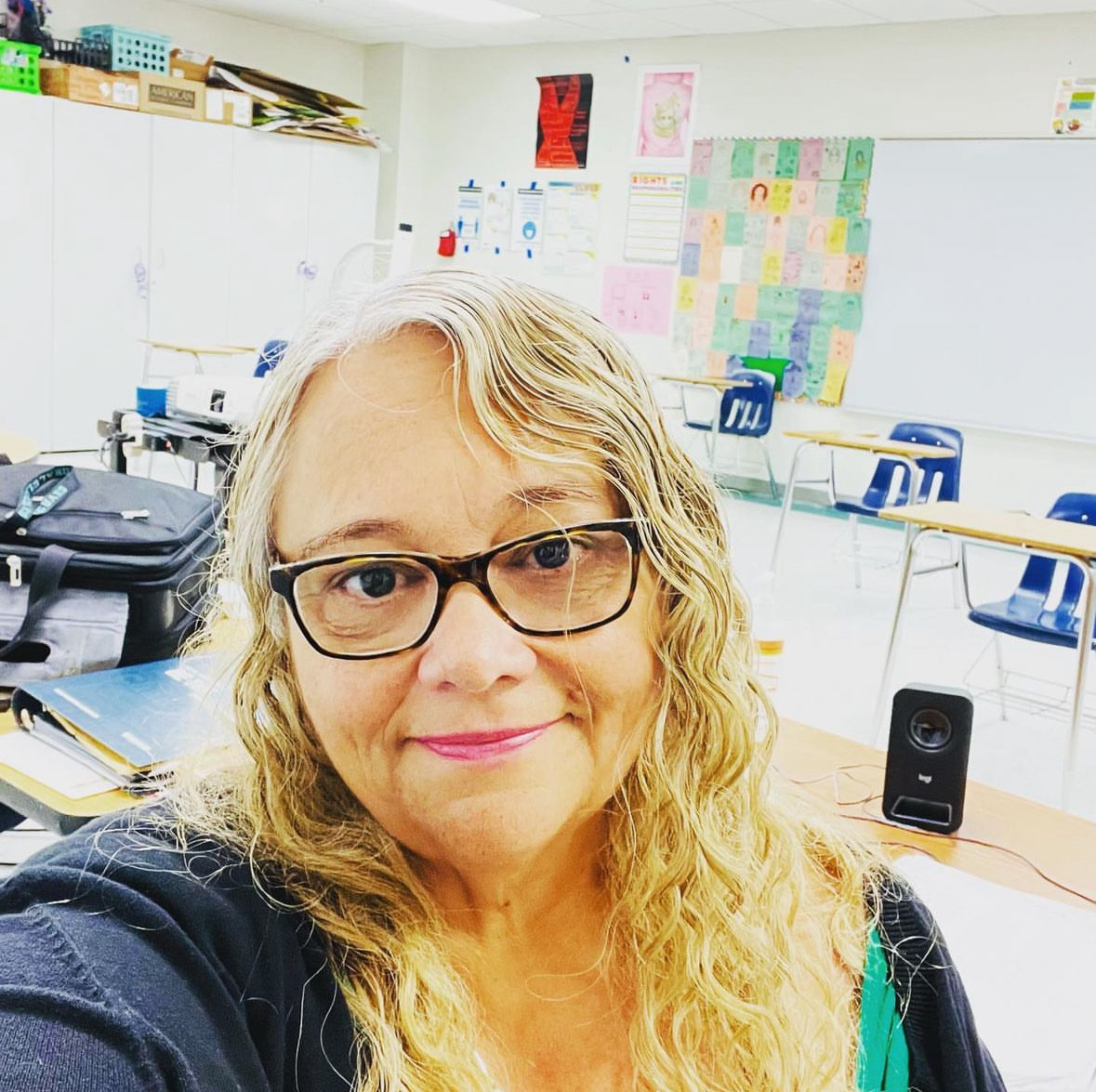Threats are multiplied by climate change, which finds and magnifies inequities already in place. In addition to the gender inequality that already affects women and girls, the UN discovered that when severe weather strikes a community, these disparities worsen: girls are pulled from school, wives marry young, and women and girls who are ejected from their homes are more likely to experience abuse.
Selwin Hart, UN Special Advisor to the Secretary-General on Climate Action and Just Transition, told CNN that women in developing and vulnerable nations are disproportionately affected by the climate issue and are on the front lines of it.
“Unfortunately, we really don’t have policies or strategies in place to deal with this challenge.”
CNN collaborated with seven female photojournalists who visited women and girls in seven Global South nations to capture their struggles in order to investigate the intricate connections between gender and climate change.
This graphic project illustrates the various ways in which the climate crisis caused by humans is upending their lives, but it also demonstrates how they are responding to it.
Each picture depicts a struggle for existence as well as the effort to lead a respectable life in a rapidly changing environment.
According to UNICEF, almost 10 million children in Nigeria between the ages of five and fourteen are not attending school. The numbers are much worse for girls: less than half of them attend school in the northeast and northwest regions of the nation.
The UN agency continues, “a variety of factors, including poverty, geography, and gender discrimination, are to blame for this education crisis.”
However, the larger context of the climate problem exists against the backdrop of these specific variables.
Nigeria is becoming drier and hotter, and extreme weather events like landslides and flash floods are occurring more frequently and with more ferocity. Climate disasters have the potential to render classrooms unsafe and schools unusable.
Extreme weather can be difficult for communities to handle, so parents may look to their kids for assistance or as a way to make extra money to support the family. And those most impacted are frequently girls, whose attendance at school is already discouraged in some places.
There are initiatives to encourage girls’ education and provide them with the tools they need to adapt to a rapidly changing environment. In Zaria, a city in northern Nigeria, the Center for Girls’ Education provides instruction on how to deal with the effects of extreme weather as well as programs to assist girls in staying in school.










